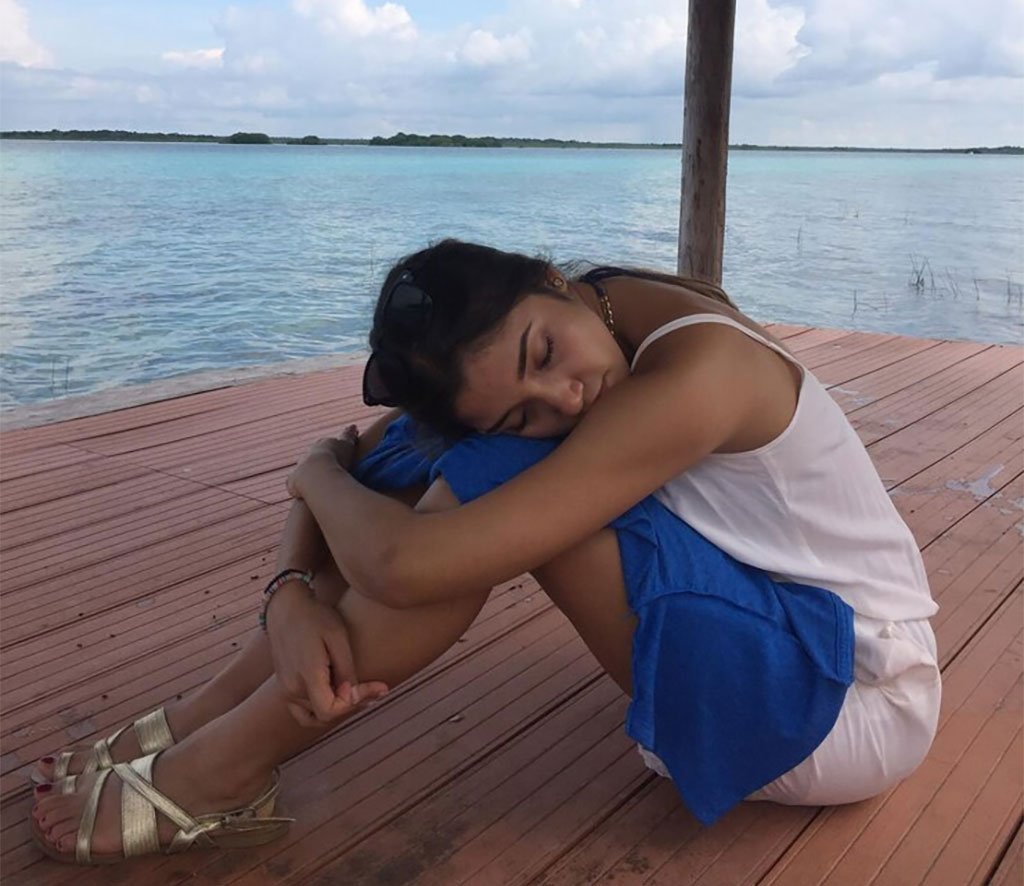Bali, often dubbed the is a tropical paradise renowned for its lush landscapes, vibrant culture, and warm hospitality. However, like many tropical destinations, it presents unique health challenges that travelers should be aware of. Understanding how to prevent illnesses and knowing what steps to take if you fall ill can ensure a safe and enjoyable trip.
🛡️ How to Avoid Getting Sick in Bali
1. Be Cautious with Food and Water
One of the most common ailments travelers face in Bali is “Bali Belly,” a form of traveler’s diarrhea caused by bacteria such as E. coli. To minimize risk:
- Drink Bottled Water Only: Avoid tap water for drinking, brushing teeth, or rinsing fruits and vegetables. Always opt for sealed bottled water.
- Avoid Ice: Ice in drinks may be made from contaminated water. It’s safer to decline ice or consume beverages without it.
- Eat Freshly Prepared Food: Choose dishes that are cooked to order and served hot. Be cautious with street food; select vendors with high turnover and cleanliness.
- Avoid Raw or Undercooked Foods: Steer clear of raw salads, undercooked meats, and seafood, as they may harbor harmful bacteria.
- Peel Your Own Fruits: Opt for whole fruits that you can peel yourself to reduce exposure to contaminants.
2. Practice Good Hygiene
Maintaining personal hygiene is crucial in preventing illness:
- Wash Hands Regularly: Use soap and water or hand sanitizer before eating and after using the restroom.
- Avoid Touching Your Face: Refrain from touching your eyes, nose, and mouth with unwashed hands.
- Use Clean Utensils: Ensure that eating utensils are dry and clean before use.
Diseases like dengue fever are transmitted by mosquitoes. To protect yourself:
- Use Insect Repellent: Apply repellent containing DEET, picaridin, or oil of lemon eucalyptus to exposed skin.
- Wear Protective Clothing: Opt for long-sleeved shirts and long pants, especially during dawn and dusk when mosquitoes are most active.
- Sleep Under Mosquito Nets: If your accommodation isn’t air-conditioned, use a mosquito net while sleeping.
- Avoid Areas with Standing Water: Mosquitoes breed in stagnant water; steer clear of such environments.
4. Stay Hydrated and Rested
The tropical climate can be taxing on your body. To maintain health:
- Drink Plenty of Fluids: Consume water, coconut water, or oral rehydration solutions to stay hydrated.
- Get Adequate Sleep: Ensure you rest well to keep your immune system strong.
- Avoid Excessive Alcohol: Limit alcohol intake, as it can dehydrate you and impair judgment.
5. Be Cautious with Alcohol
Alcoholic beverages in Bali can sometimes be adulterated with methanol, leading to poisoning. To stay safe:
- Avoid Arak: This traditional Balinese spirit is often homemade and may contain harmful substances.
- Purchase Alcohol from Reputable Sources: Buy drinks from licensed establishments and sealed bottles.
- Monitor Your Drink: Never leave your drink unattended to prevent tampering.
🏥 What to Do If You Get Sick in Bali
Despite precautions, illnesses can occur. Here’s how to handle them:
1. Seek Medical Attention Promptly
If you experience symptoms like persistent diarrhea, vomiting, high fever, or dehydration, consult a healthcare professional immediately. Bali has several reputable clinics and hospitals that cater to tourists.
2. Stay Hydrated
Replenish lost fluids with oral rehydration solutions, coconut water, or electrolyte drinks. Avoid sugary or caffeinated beverages, as they can worsen dehydration.
3. Rest and Monitor Symptoms
Rest in a cool, comfortable environment. Keep track of your symptoms and seek medical help if they worsen or don’t improve within 24 hours.
4. Contact Your Travel Insurance Provider
Inform your insurance company about your condition. They can assist in locating appropriate medical facilities and guide you through the claims process.
🧳 Pre-Trip Preparations
Taking steps before your trip can reduce the risk of illness:
- Vaccinations: Consult your doctor about vaccines for hepatitis A and B, typhoid, and tetanus.
- Pack a Health Kit: Include medications like pain relievers, anti-diarrheal drugs, antihistamines, and insect repellent.
- Travel Insurance: Ensure your policy covers medical expenses and emergencies abroad.
- Research Healthcare Facilities: Familiarize yourself with nearby clinics and hospitals in your destination area.
🌴 Final Thoughts
While Bali offers an unforgettable experience, it’s essential to prioritize your health. By taking preventive measures and knowing how to respond if you fall ill, you can enjoy all that this beautiful island has to offer safely.









